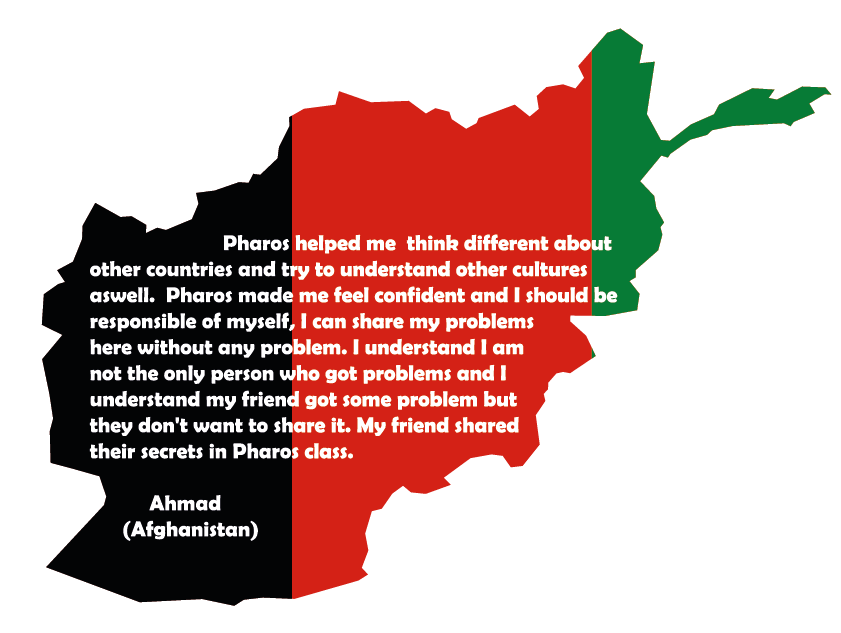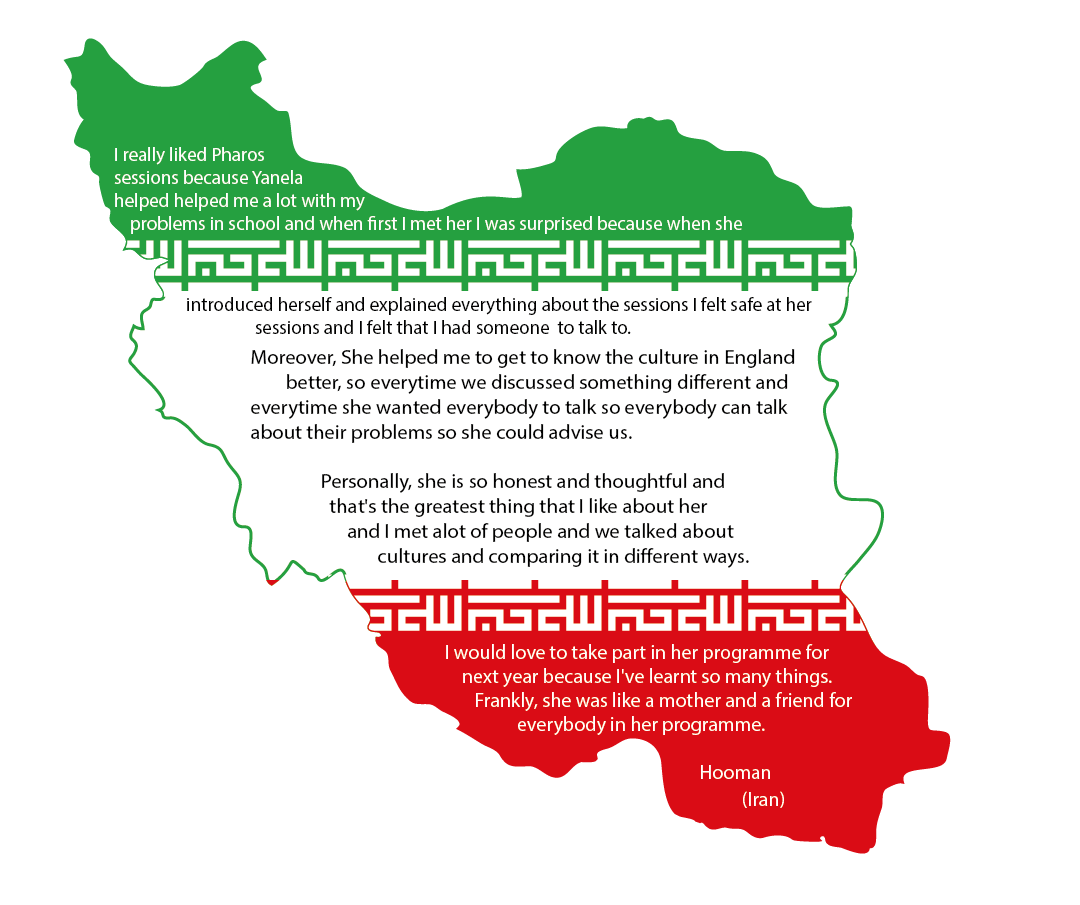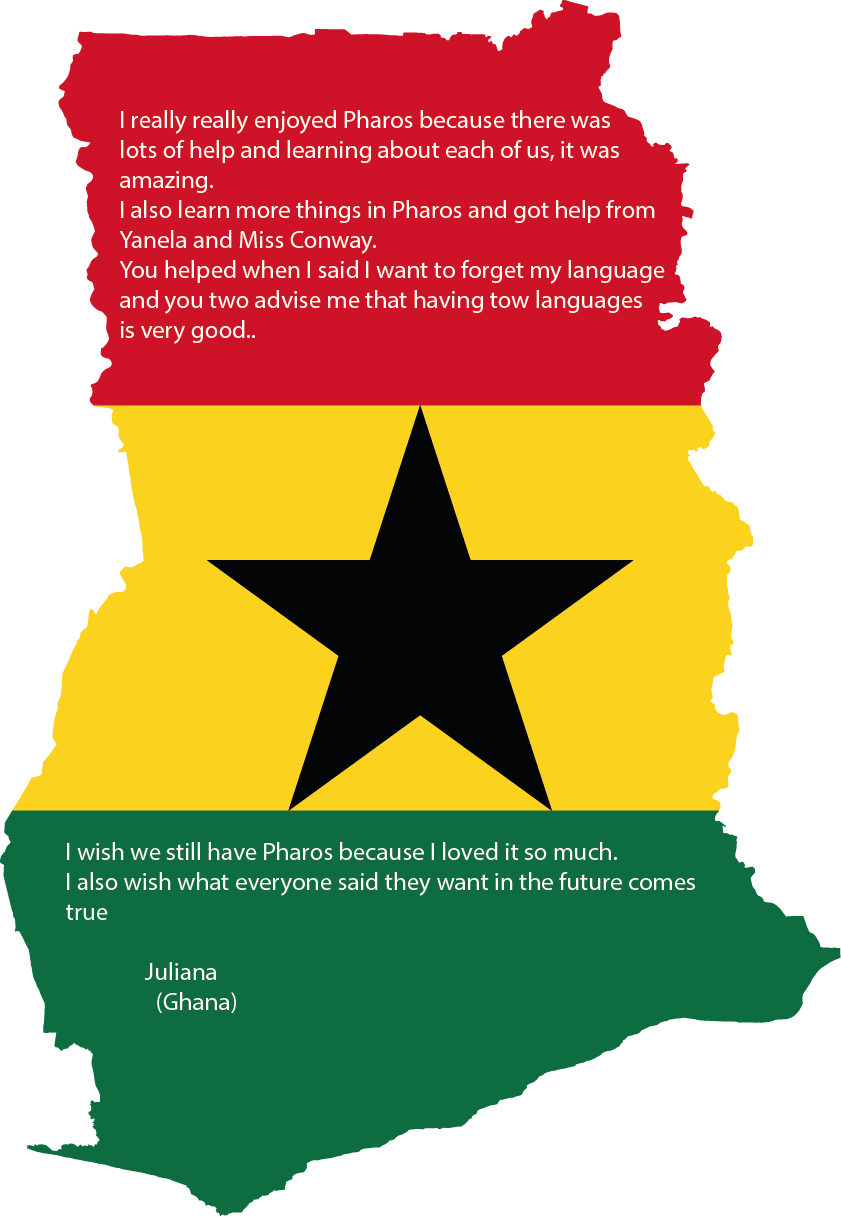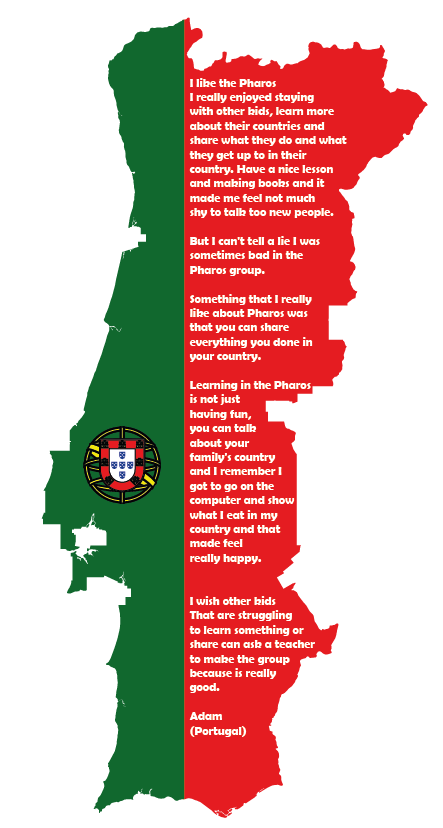The Pharos Programme
Supporting the needs and well being of Refugee Children
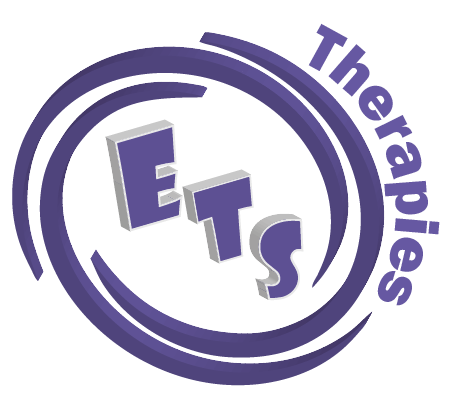
In response to the International, and subsequent national movement of people, to and within the United Kingdom, the Children’s Fund commissioned innovative work in schools with Refugee and Asylum-seeking pupils from the early 2000’s.
The govemment’s dispersal programme, from 2000 led to children arriving from many areas of intense armed conflict in the world where human rights have been violated.
The aims of the Emotional and Trauma Support Team (ETS team) were and still are to promote the psychological needs and well-being of refugee children in schools through activities such as integrated play, counselling, Creative Art Therapies (Art, Drama and Music) and horticultural therapy and to support schools through consultations, advice and training.
We use tried and tested, innovative school-based approaches to working with trauma.
ETS provides support for schools to ensure that pupils who need specialist pastoral care and/or therapy are speedily referred and appropriately supported. This may involve an advocacy role and effective inter-agency working to support the child’s development and adjustment. ETS particularly helps schools to support children traumatised by past experiences, uprooting, loss and bereavement, while recognising that ongoing events in the child’s life may be having as great an impact as past events, and that looking to the future is a crucial part of healing.
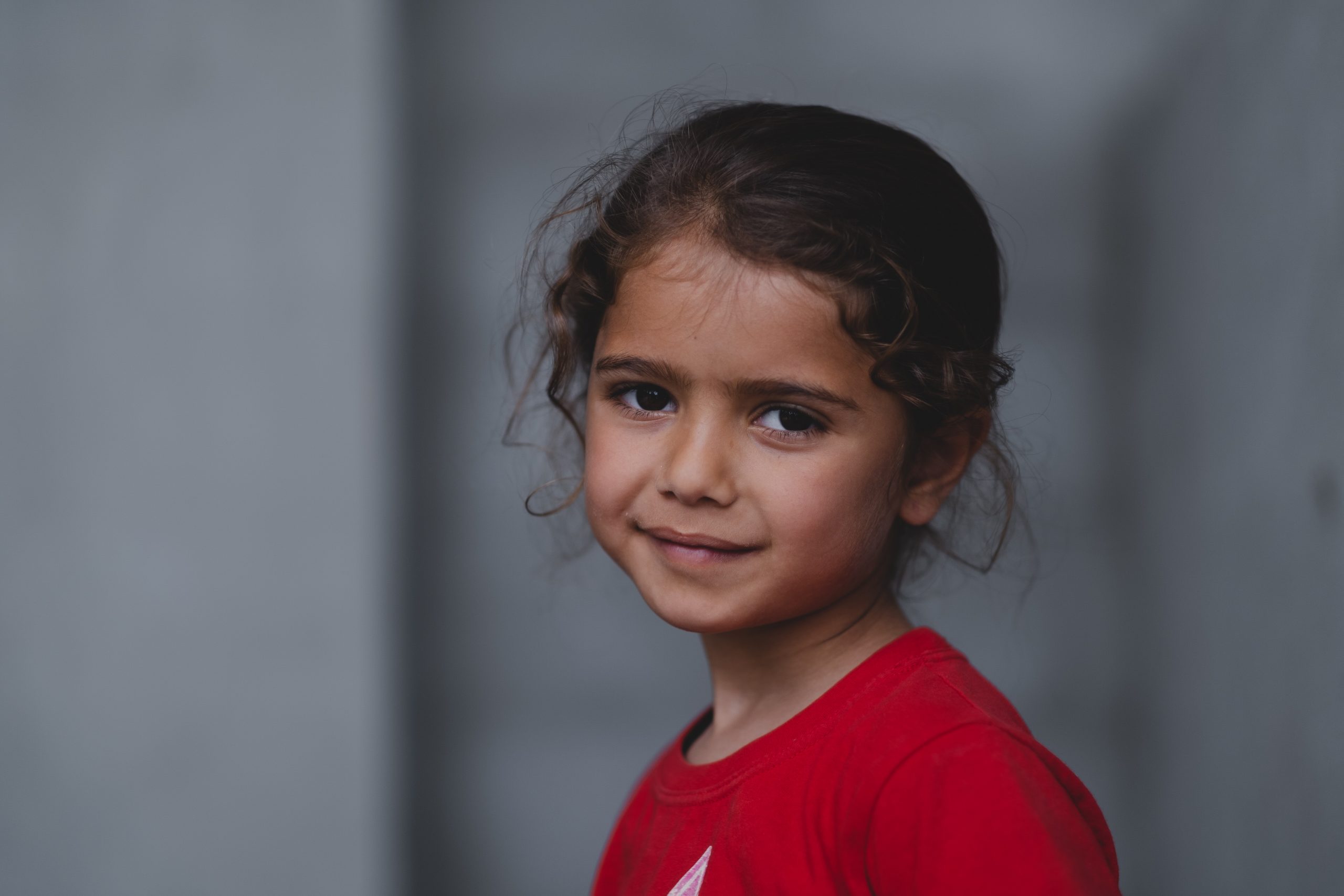
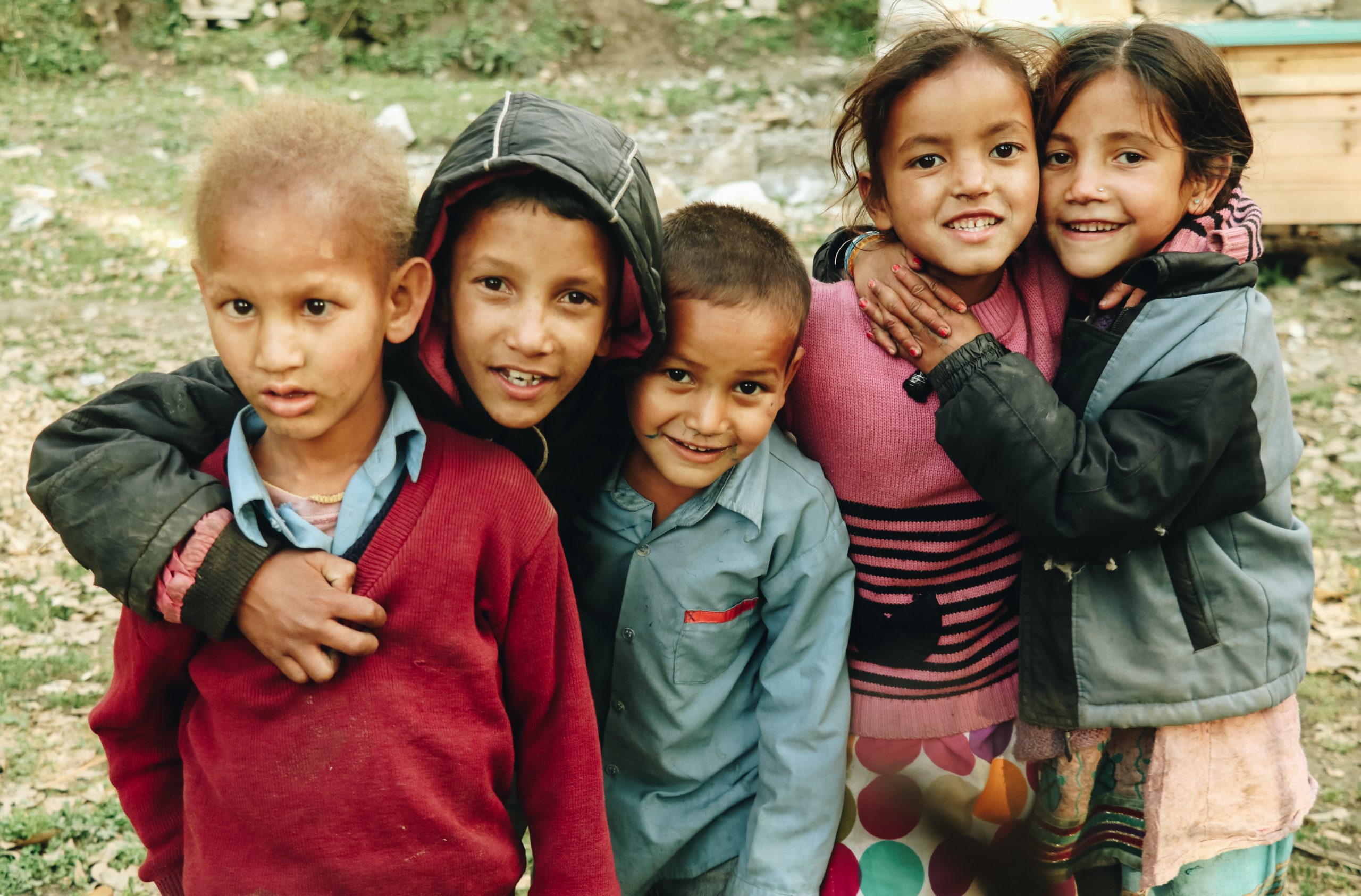
The spirit and practice of the now statutory ‘child-centred’ agenda gives emphasis to the child’s voice and choice. In creative sessions the child’s personal expressions, verbally or non-verbally are central to the content of sessions. The ETS ethos is not to pathologise, but to provide non-stigmatising, accessible services to children affected by extreme circumstances.
Finding new ways to help refugee children to adjust to their new environment has drawn on the Creative Therapies, but not exclusively. The Pharos Programme makes it possible for others, not trained as counsellors or therapists to implement some of the above, using group-work methodology.
In the UK, the programme has been used in Cardiff, Edinburgh, Blackburn and Manchester. This involved adapting it from its original use in the Netherlands. What is significant is that although Pharos has been used with children born in the UK, its best use has proven to be with children who have travelled to the UK from other countries whether as refugees, economic migrants or in other ways. The shared experience of change and cultural difference has proven a rich ground for forming important friendships and breaking isolation.
“The concept of resilience holds great potential to work with children in a preventative manner”
(Terjesen, Jacobsky, Froh y DiGiuseppe,. 2004)
The Aims of the Pharos Programme
The Principles of the Pharos Programme
A main aim is that all children who participate in the programme, enjoy, achieve and gain something new, including finding new meaning in their current situation. Pharos provides a safe and relaxed space for pupils to engage in discussion, tak about themselves and talk about issues, in a group.
The programme provides pupils with recognition, opportunities to learn from each other, mutual social support, mutual respect, a safe atrnosphere. a child centred approach and positive labelling.
It can provide access to supporting memories and it provides an opportunity for school staff and pupils to leam more about each other.
The aim is to build a sense of belonging, a place in the society we are now in and a sense of belonging to a new society.
The Healing Impact of the School
The school environment may provide safety and security, structure, challenges, a sense of normality, an escape from possible problems at home whilst providing the possibility to be ‘a child’ again.
Schools can provide a significant adult to identify with and a School is an important protective factor. It may be that problems become visible and Teachers are ideally situated to help nurture the emotional development of children and the school may implement preventative measures.
A Continuum of Support
Another important aim is capacity building in schools assisting staff in supporting the well-being needs of refugee children, and in proactively recognising ways to support them. This may involve working with other agencies if required, and developing learning partnerships, working to provide holistic support to child and family.
The programme must fulfil the school’s individual needs and can be adapted to the school’s individual context. This is only one of the ways to support the child. The school can support in other ways simultaneously.
Pharos Group – Teacher’s Reflection
Michelle Barlow
Wilbraham Primary

The approach used in the Pharos group gave the children the opportunity to talk about their experiences, reflect upon changes, express their feelings and share cultural aspects of their lives in a safe and relaxed environment, quite different to the target setting and objective driven nature of much of school life.
The pace was slower and more reflective. The challenge for me as a class teacher, was to try not to lead the discussions! Yanela was very skilled in creating an open, trusting environment where children feel happy to discuss aspects of their lives.
The children valued the opportunity to have their previous life experiences acknowledged, valued and celebrated. We were also able to support children directly as a result of their work in the group.
• One child was referred for counselling
• Information was shared with a child’s class teacher to support a report to the EP
• One child’s medical condition was affecting his confidence and we were able to work on this and, alongside work by his class teacher, his confidence grew. We were able to pass on very detailed information about his medical condition to his high school to ensure pastoral support on his
transition to year 7.
• One child acknowledged his Pakistani heritage, after insisting he was Norwegian!
• One child who began by being quite disaffected, became the most motivated member of the group when talking about his life in his home country and rushed to group excitedly each week!
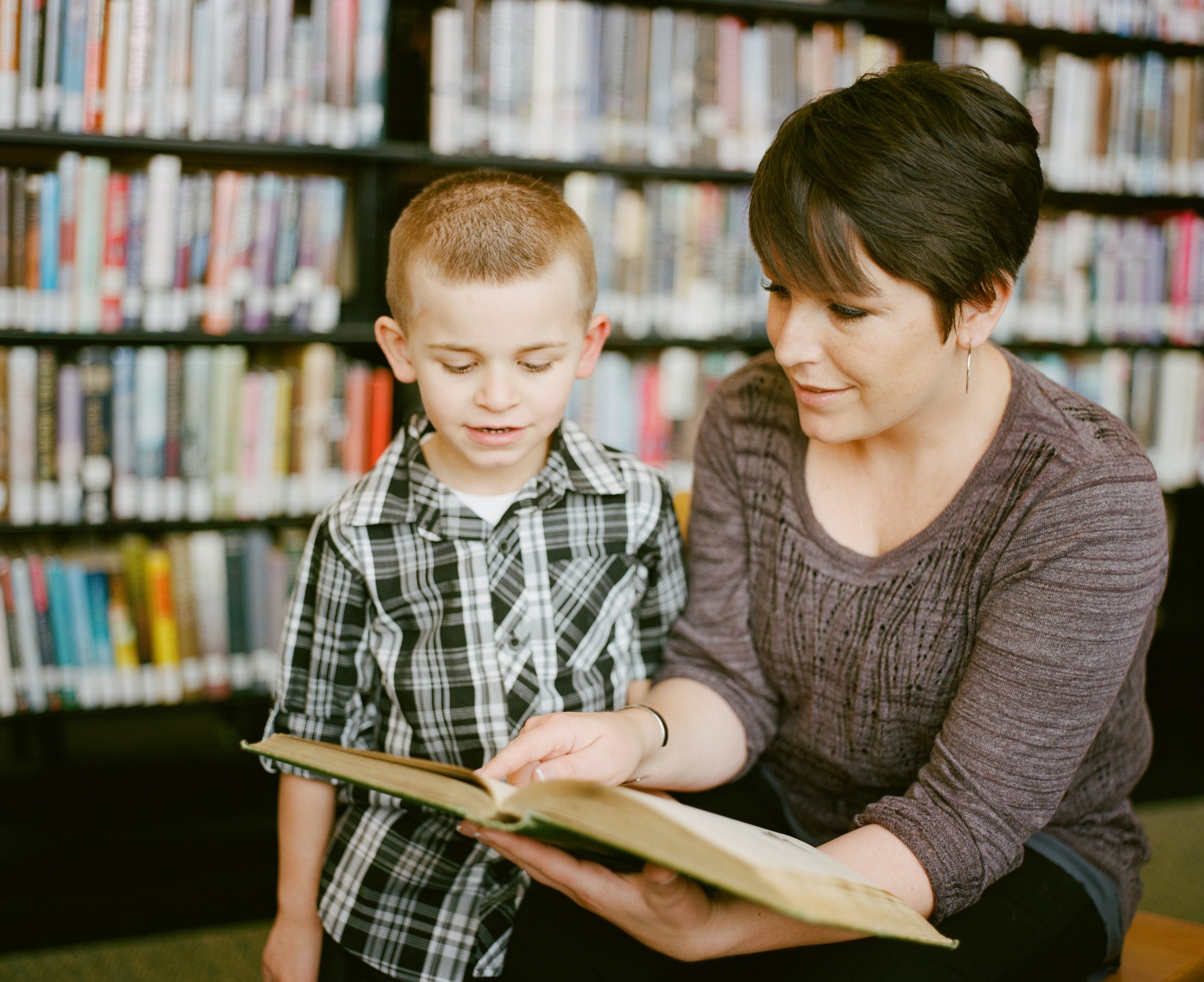
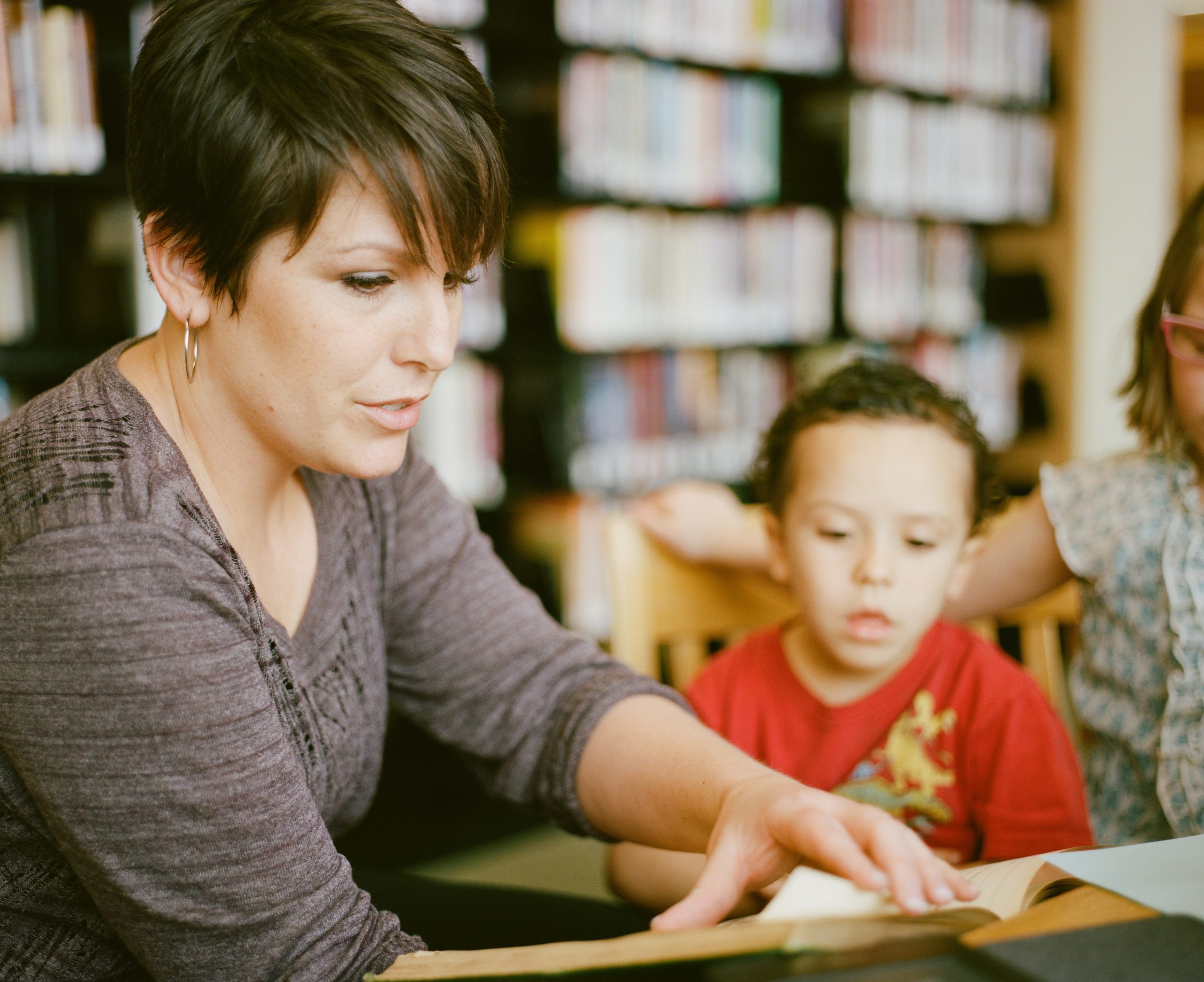
• One child began his time in group by not wishing to share much personal information and trying to be secretive, but eventually became more trusting and became one of the best contributors to
group discussions.
• One child who was having quite angry moments outside group always remained calm in the sessions as he worked at his own pace on his own experiences
All the children gained from the group and as the teacher working alongside Yanela I learned so much. The approach used really works for children and supports teachers in meeting the children’s needs.
Michelle Barlow
Teacher at Wilbraham Primary
Proven Results
| Pharos Pupils Assessments One Year after Participation | |||||||||
| Children assessed July and then the subsequent March (9 months later) | |||||||||
| Name Current & Year Group | Reading July | Reading March | Sub Levels Prog (points) | Writing July | Writing March | Sub Levels Prog (points) | Maths March | Maths Spring | Sub Levels Prog (Points) |
| M 6 | 2A | 5A | + 7 ( 14 ) | 2B | 3A | + 4 ( 8 ) | 3B | 4A | + 4 ( 8 ) |
| SA 6 | 3B | 4C | + 2 ( 4 ) | 2A | 3C | + 1 ( 2 ) | 3B | 4C | + 2 ( 4 ) |
| S 6 (SEN) | 2C | 4C | + 6 ( 12 ) | 2B | 2A | + 1 ( 2 ) | 1B | 1B | ( 0 ) |
| Y 6 | 3A | 4B | + 2 ( 4 ) | 2A | 3A | + 3 ( 6 ) | 3A | 4A | + 3 ( 6 ) |
| SU 5 | 3B | 4B | + 3 ( 6 ) | 3B | 3B | ( 0 ) | 4C | 5C | + 3 ( 6 ) |
| Yanela’s Key: There is an average of 3 points per year progression | |||||||||
| There is a 2 point increase between each sub-level | |||||||||
| 2PTS = 1YRS PRGOGRESS | |||||||||
| 4PTS = 1YR 1 TERMS PROGRESS | |||||||||
| 6PTS = 2YRS PROGRESS | |||||||||
| 8PTS = 2YRS 2 TERMS PROGRESS | |||||||||
| 12PTS = 4YRS PROGRESS | |||||||||
| 14PTS = 4YRS 2 TERMS PROGRESS | |||||||||
Get In Touch

Call
07908 869316
admin@ets-therapies.co.uk.test
Head Office
20-22 Wenlock Road, London, N1 7GU
Hours
Mon – Fri: 8am – 5pm
